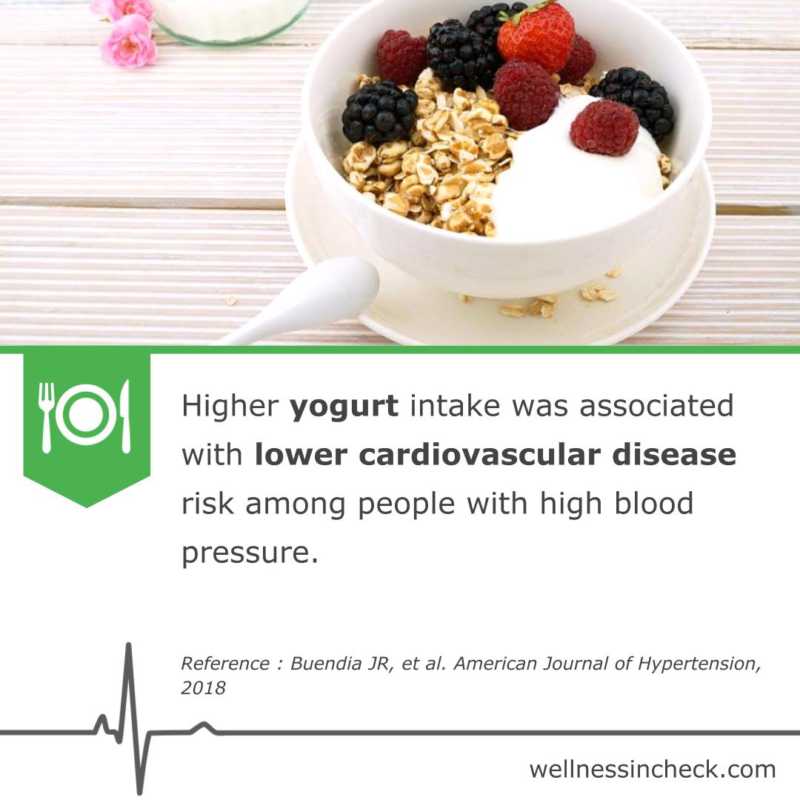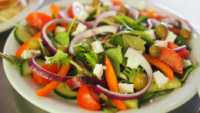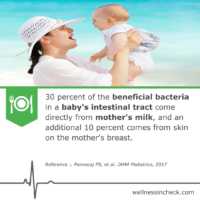Your gut is a complex community harboring trillions of bacteria, viruses and fungi. They are collectively known as the microbiota. Of these trillions of bacteria harboring your gut, the majority of microbiota actually support your overall health. Gut bacteria is important to your overall health and there are various ways to improve the gut microbiome.

 1. Incorporate fermented foods in your diet
1. Incorporate fermented foods in your diet
Fermented food is the natural probiotic rich food. Fermentation is a really old technique of food preservation. Fermentation is a metabolic process usually involving bacteria or yeasts breaking down sugars in food to organic acids or alcohol.
Many of these foods are rich in lactobacilli, the good bacteria that can benefit your health.
Here is a list of probiotic foods with myriad benefits:
- Yogurt and Kefir
Possibly the most popular probiotic food is yogurt. Higher consumption of yogurt leads to more lactobacilli in the gut. People who eat more yogurt were noted to have lower count of Enterobacteriaceae, a bacteria associated with chronic diseases. Other studies have shown that yogurt consumption is associated with modifying good intestinal bacteria.
Kefir is a unique combination of milk and fermented kefir grains. Kefir grains contain variety of bacteria and yeast strains, making it a very rich and diverse probiotic source.
- Cultured Vegetables (Sauerkraut and Kimchi)
Sauerkraut is made from fermented cabbage and it is rich in healthy live bacterial cultures. Kimchi is an Asian probiotic food made by fermenting cabbage and other veggies. This is an excellent source of probiotics
- Kombucha
Kombucha is an age old fermented drink, originating around 2000 years back in Japan. Kombucha is fermented by symbiosis of bacteria and contains around 30% lactobacillus.
- Miso
Miso is a traditional Japanese spice found in many of their foods. It is created by fermenting variety of grains like barley or brown rice with soybeans. The fermentation process promotes the growth of useful microbiota.
2. Avoid artificial sweeteners and processed foods
Studies have shown that a diet high in fat and sucrose and can influence behavior and gut microbiota. Artificial sweeteners are commonly used as replacements for sugar. This 2015 study done in mice has concluded that changes in the microbiome may contribute to cognitive changes; all these changes were associated with processed food consumption.
3. Eat more plants and dietary fiber
Whole fruits, vegetables and leafy greens contain a lot of prebiotics. These are also rich in vitamins, minerals and micro-nutrients. There are a wide range of science backed diets out there, but eating more plants can help maintain microbiota diversity. A study has found a difference in gut- bacteria of plant-based diet, and animal-based diet eaters. What you eat diversifies your gut-microbiota. A number of studies have proven that plant-based diets may benefit the gut microbiota. Plant-derived dietary fiber has protective effects particularly through their interaction with the gut microbiota.
In a study, daily consumption of whole grain wheat was found to have pronounced prebiotic effect on the human gut microbiota composition. Whole grains provide non-digestible carbs that can change your gut flora by promoting the growth of microbiota.4
4. Get Dirty
A 2013 study found a difference between the salivary microbiota of the kids whose parents cleaned their dirty pacifier by sucking on it instead of boiling it in water. Households where children had early exposure to dogs have been shown to have less risk of childhood allergic disease. Those who were exposed with dog-related household dust had diversified microbiota.
Research proves that exposure to outdoor microbes in childhood is linked to a more robust immune system and is linked to lower rates of asthma and allergies.
4. Eat a variety of foods
Your gut is filled with hundreds of species of bacteria, each of which has certain roles. Each species of microbiota thrives off of different nutrients. A diverse microbiota is correlated with health. Diet strongly affects human health by modulating gut microbiome composition. A diet consisting of variety of food types can lead to a diverse microbiota. Diverse food leads of diverse species of bacteria, each contributing to different health benefits.
5. Take a Probiotic
Probiotics are live strains of bacteria, which help to populate the gut. Microbiota changes due to probiotic intake include increased numbers of related phylotypes thereby changing the overall composition of your microbiome. Probiotics don’t permanently colonize the intestines in most cases, but these help in metabolism. Probiotics may not help with the composition of gut bacteria, but their role has certainly been found helpful in restoring the gut to its healthy state.
6. Take Prebiotics
Prebiotics are typically high-fiber food that act as food for human microflora. They are mainly fiber or complex carbs that are indigestible. Instead, certain species of bacteria within our body use them for fuel. Prebiotics can be found in many fruits, vegetables and whole grains.
Certain prebiotics can promote the growth of many healthy bacteria, and have a positive effect on composition of gut bacteria. A study suggests that prebiotics consumption can change the gut microbiota, leading to modest changes in metabolism.
A healthy gut is the key to staying fit as it is directly or indirectly relevant to various vital functions of your body. With these simple tips, you can maintain and optimize your gut-health.




